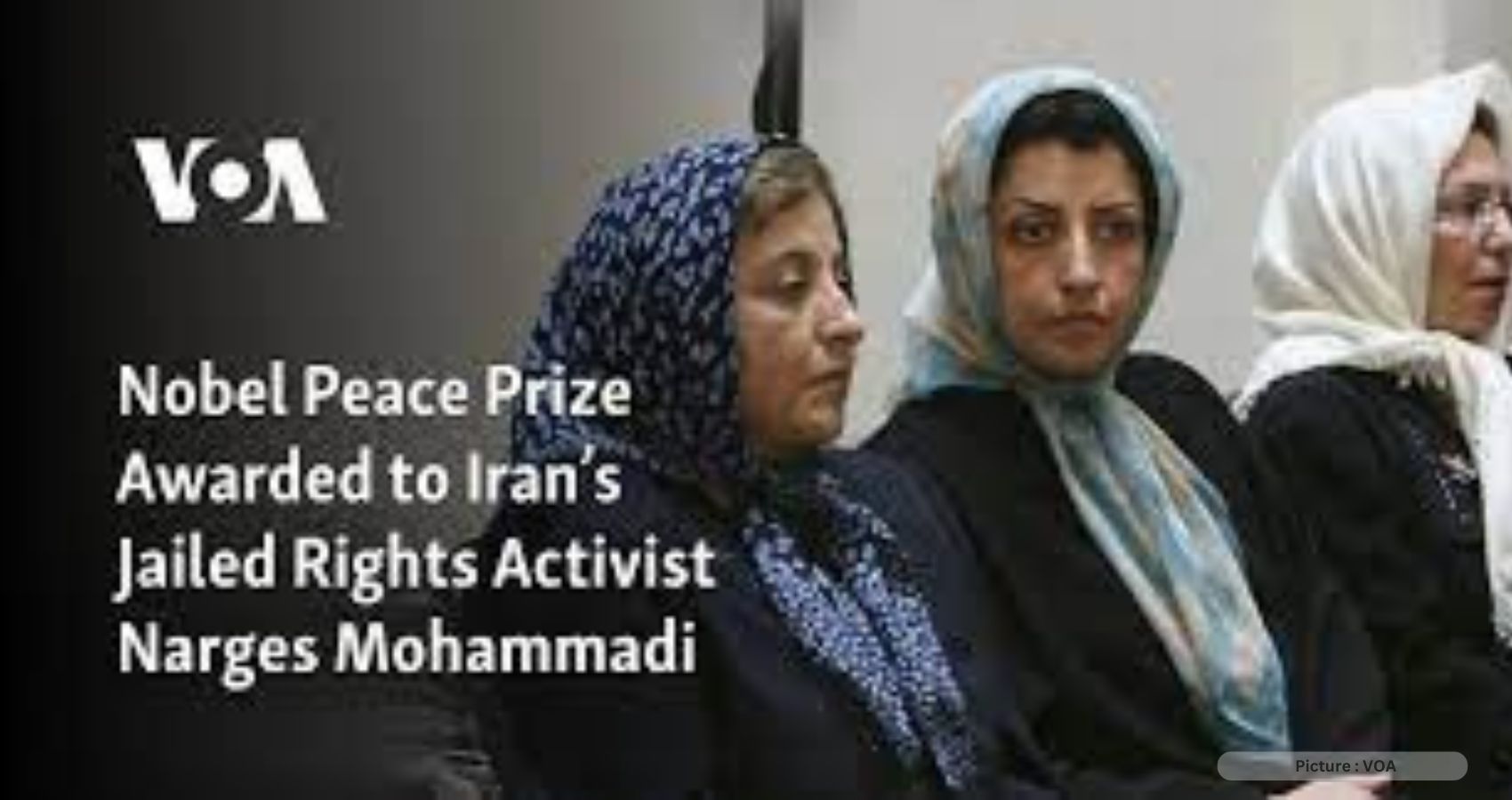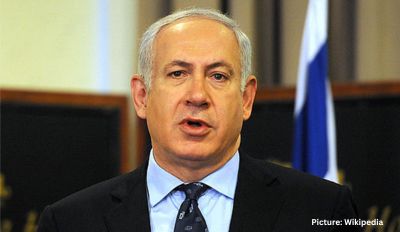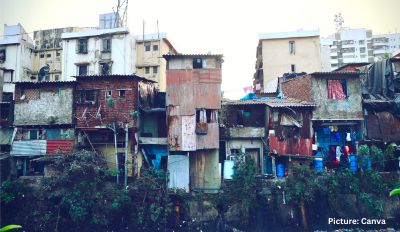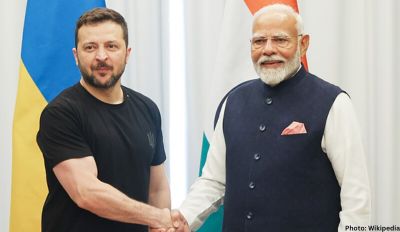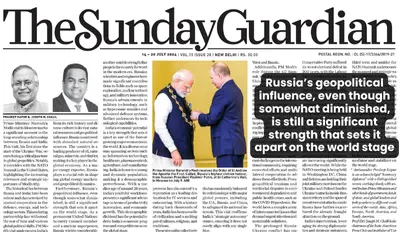Iran’s most prominent human rights advocate, Narges Mohammadi, who is currently imprisoned in Evin Prison, was awarded the 2023 Nobel Peace Prize in an effort by the Norwegian Nobel Committee to support women’s rights in Iran.
Ms. Mohammadi, aged 51, has spent the majority of the past decade in and out of prison, facing charges of “spreading anti-state propaganda” and is currently serving a 10-year sentence, as part of Iran’s ongoing campaign to suppress her activism.
Despite her incarceration, she has remained one of the most vocal critics of Iran’s government. She organized protests within the prison, penned opinion pieces, and conducted weekly workshops for female inmates on their rights, particularly in response to a significant uprising led by women in Iran last year after the death of Mahsa Amini, a 22-year-old who died in the custody of the country’s morality police.
Ms. Mohammadi’s family released a statement on her behalf, vowing to continue her activism within Iran even if it meant spending the rest of her life in captivity. She stated, “Standing alongside the brave mothers of Iran, I will continue to fight against the relentless discrimination, tyranny, and gender-based oppression by the oppressive religious government until the liberation of women.”
The Nobel committee not only recognized Ms. Mohammadi’s efforts but also acknowledged the hundreds of thousands of people who have protested against Iran’s discriminatory policies against women. Berit Reiss-Andersen, who leads the committee, noted, “Her struggle has come at tremendous personal cost.”
Iranian authorities remained silent in response to the news of Ms. Mohammadi’s award, with state-affiliated media dismissing it as a Western plot to incite further unrest. However, her family, human rights activists, and supporters celebrated the recognition.
Kenneth Roth, former executive director of Human Rights Watch, praised Ms. Mohammadi’s resilience, stating, “She even treats prison as an opportunity to document and publicize that repression.”
While the international attention may eventually lead to Ms. Mohammadi’s release, her family expects Iran to increase pressure on her in captivity in the short term.
Ms. Mohammadi’s activism has focused on various issues, including Iran’s hijab law, violence and sexual harassment against women, the status of women under the religious government, the rights of death row prisoners, and the transition to democracy in Iran.
She is the 19th woman to be awarded the Nobel Peace Prize since its inception in 1901 and the second Iranian woman to win, following Shirin Ebadi in 2003. Ms. Ebadi, a human rights lawyer and Ms. Mohammadi’s mentor, expressed hope that the recognition would lead to the release of political prisoners and bring freedom and democracy to Iran.
Narges Mohammadi’s journey began in her hometown of Zanjan, Iran, where she was born into a middle-class family. Her activism started with childhood memories of her mother visiting her uncle in prison and listening to the names of executed prisoners on television. She pursued a degree in physics in college and quickly became involved in activism, founding women’s hiking and civic engagement groups.
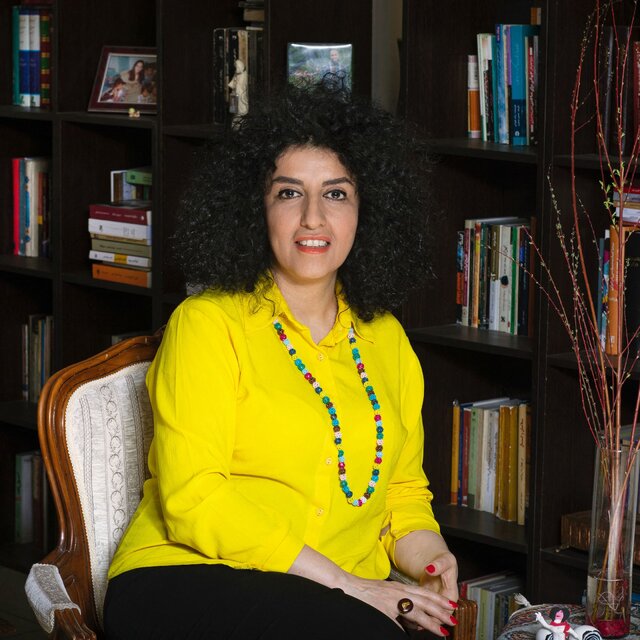
Her activism intensified after her employer was forced to terminate her in 2008, and she was banned from working in engineering. She authored the book “White Torture,” which documented psychological torture and abuse of prisoners in Iran. Earlier this year, she received PEN America’s Barbey Freedom to Write Award and was named one of the recipients of the United Nations’ World Press Freedom Prize.
Last year, Ms. Mohammadi’s activism gained renewed urgency following the nationwide uprising triggered by the death of Mahsa Amini in the custody of the morality police. The Iranian government responded with force, resulting in numerous deaths, arrests, and protests. Despite the government’s actions, Ms. Mohammadi remained steadfast in her commitment to change within Iran.
The Nobel Peace Prize recognizes Narges Mohammadi’s unwavering dedication to human rights and women’s rights in Iran, even in the face of adversity and imprisonment. Her story serves as an inspiration to those fighting for justice and freedom around the world.

